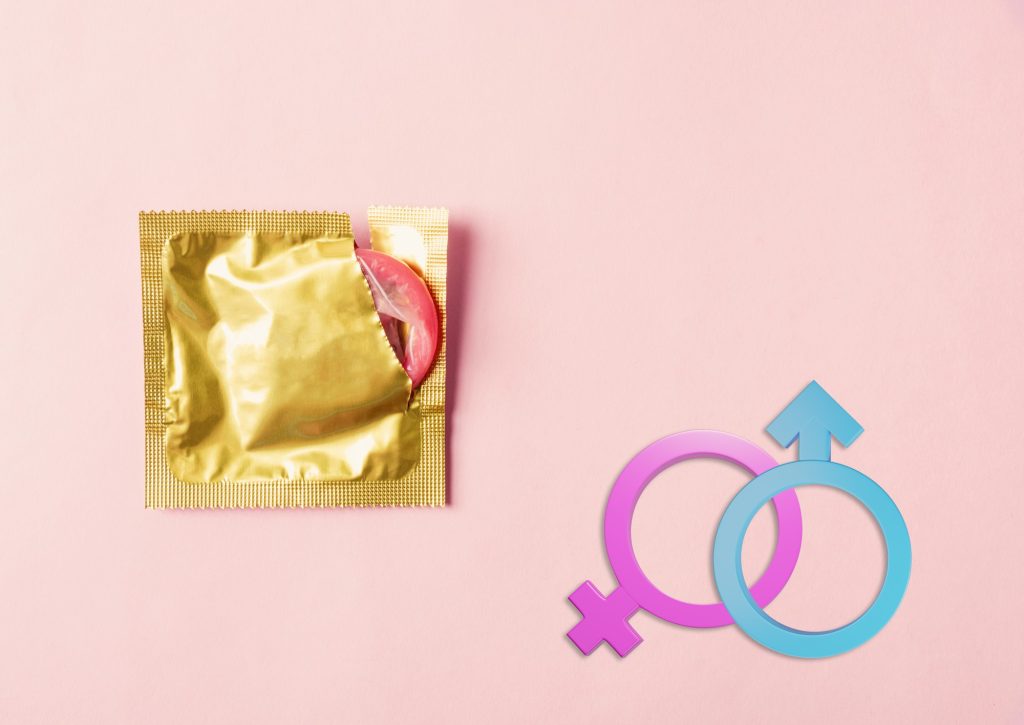The Science Behind Male and Female Condoms: Exploring Contraceptives in the Philippines
Estimated reading time: 5 minutes
Mga Pangunahing Takeaway
- Male condoms are a traditional yet highly effective form of contraception.
- Female condoms offer an alternative, empowering option for women.
- Both types prevent pregnancies at STIs effectively.
- Accessibility and cultural acceptance are critical factors in the Philippines.
Table of Contents
- Introduction
- The Basics of Male and Female Condoms
- Efficacy and Protection
- Usage and Accessibility
- Cultural and Social Considerations
- Cost and Economic Impact
- Conclusion: Which is Better?
- Final Thoughts
- Mga Madalas Itanong
Introduction
Understanding the significance of contraceptives is crucial for maintaining sexual and reproductive health, particularly in the Philippines where awareness and accessibility are key components of healthcare. This article delves into the world of male and female condoms, comparing their features, effectiveness, and cultural acceptance. We aim to uncover insights on which type may be better based on various factors, helping readers make informed decisions.
The Basics of Male and Female Condoms
Definition and Design
Male condoms are a well-known contraceptive method, consisting of a thin sheath that is rolled onto an erect penis before intercourse. It acts as a barrier to prevent pregnancy and sexually transmitted infections (STIs). On the other hand, female condoms are designed as a pouch and inserted into the vagina. Their structure includes flexible rings at each end to keep them in place during intercourse.
Materials
Both types of condoms come in various materials:
- Latex is most common for male condoms due to its elasticity and strength.
- Polyurethane is an alternative for those allergic to latex, available for both male and female condoms.
- Nitrile, a synthetic rubber, is another option used predominantly in female condoms.
Efficacy and Protection
Effectiveness Rates
In terms of effectiveness:
- Male condoms boast a 98% success rate in preventing pregnancy when used correctly.
- Female condoms offer around 95% efficacy.
Both types are also crucial in STI prevention, acting as barriers that minimize the risk of infection transmission.
For more insights on sexual wellness, visit our Sexual Wellness for Men: Products to Boost Confidence and Comfort.
World Health Studies on Condoms
For more detailed insights, please refer to this study from NCBI.
Usage and Accessibility
Ease of Use
Male condoms are often preferred for their simplicity and speed in application. Female condoms, while effective, require a bit more practice to use correctly. Learn about common mistakes of male condoms in our Condom Mistakes to Avoid for Maximum Safety: Tips for Effective Use.
Availability in the Philippines
Both types are accessible at pharmacies, clinics, and health centers. However, cultural preferences and social stigmas can influence their availability and acceptance.
Additionally, proper storage is essential for maintaining condom efficacy. Discover tips in our How to Store Condoms Properly to Avoid Breakage: Essential Tips for the Philippines.
Cultural and Social Considerations
Societal Perceptions and Gender Dynamics
In the Philippines, condom usage is influenced by societal norms and gender roles. Empowerment through education is vital for encouraging discussions and acceptance of female contraceptives.
Advocacy Efforts
Numerous NGOs are actively promoting sexual health education and striving to improve the accessibility of contraceptives across the country. For more on condoms in public health, visit Why Condoms Are Still One of the Most Reliable Protection Methods in the Philippines.
Cost and Economic Impact
Comparative Costs
Comparing costs, male condoms are generally cheaper and more readily available than female condoms. Government subsidies and policies are crucial in making these contraceptives affordable for all.
Conclusion: Which is Better?
Both male and female condoms have their place in contraceptive choices. The decision on which is better largely depends on personal preference, comfort, and specific circumstances. Education and empowerment are key to making informed choices in sexual health.








